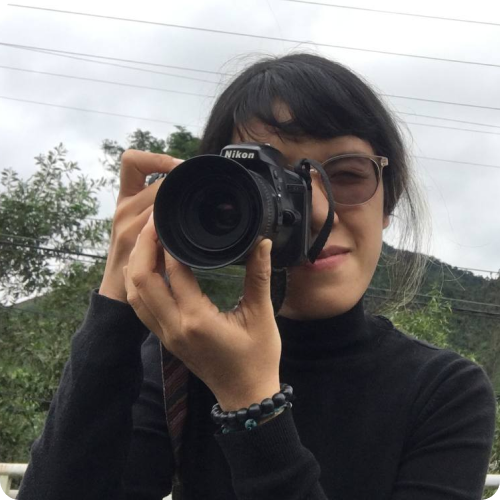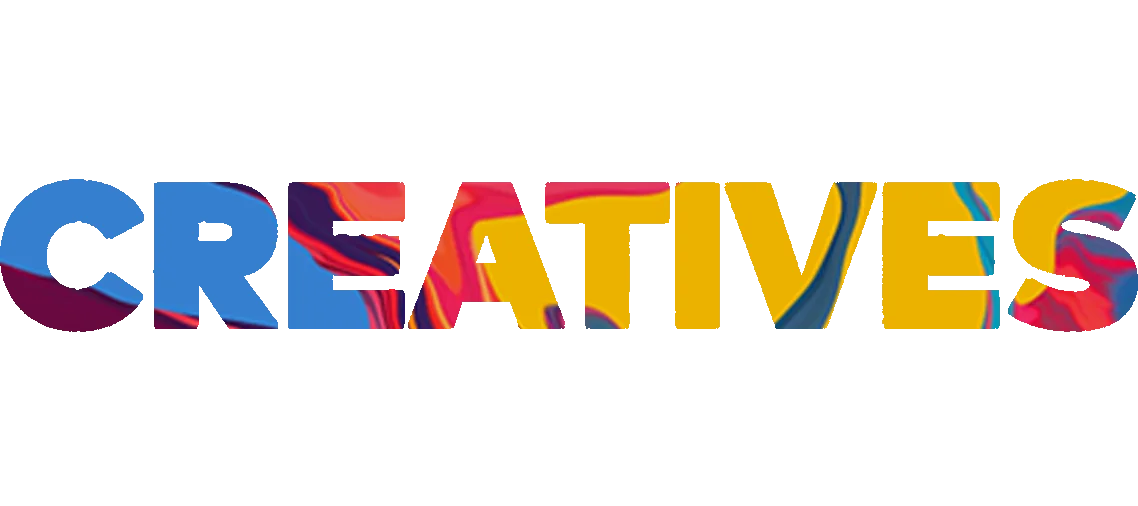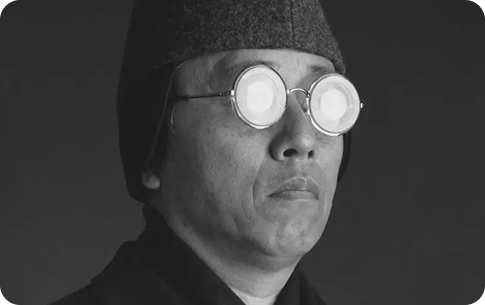
“I think art is an instrument to evoke human sentiments about life, thereby creating a thread connecting us with everything we need for us to see ourselves as part of the problem, not as outsiders.”
- Alex Nguyen
Vietnamese writer and cultural practitioner, Alex Nguyễn is the final contributor for the Emerging Creatives Program in 2024.
“My works focus on uncovering stories of marginalized groups, such as ethnic minorities and young women,” she told Global Citizen. “I am also the co-founder of a family collective that uses creative art forms to explore and address social issues.”
While working for an organization that focused on alternative education and sustainable development, Nguyễn realized that many stories were being left untold. “In my humble observation, many life value systems have been reversed, and we tend to only listen to a single-sided story about environmental and social issues. Therefore, I wanted to become an independent journalist, using my words and photos to bring to light those stories that have been hidden, to help amplify the voices of communities who are marginalized,” she explained.
She continued: “In this phase of my being, in collaboration with the partner of my life who is a multimedia artist, I have been experimenting with other materials such as video, audio, and documentaries. So I will flexibly choose a suitable material with each context and character.”
Whether through the Thì Collective which she runs with her partner, or through her individual work as a multi-faceted journalist, Nguyễn considers art as a powerful tool for addressing contemporary challenges. “I think art is an instrument to evoke human sentiments about life, thereby creating a thread connecting us with everything we need for us to see ourselves as part of the problem, not as outsiders. Art enables us to cry, laugh, and be moved by beauty, difficulties, and other people's stories. Art allows us to expand multidimensional spaces for spectators to perceive problems without being imposed by barriers.”
Vietnam has a closed civic space, characterized by arrests of journalists and activists, and a curtailment of freedom of expression. In this challenging context, Nguyễn believes that art provides an opportunity. She explained, “I might say art and other creative forms are a soft power, especially in contexts influenced by culture or politics.”
She added: “For me, the limitation on civic spaces is both a challenge and an opportunity for practitioners. It forces artists to flow like an ever-changing stream, flexibly finding ways to adapt and create while maintaining the original value of their thoughts and works. I used to be restrained to limit the topics I could express my personal views by my writing, but it is not so much a barrier that stops me as an idea suggested for me to find ways to convey sensitive issues more skillfully.”
For the Emerging Creatives Program, Nguyễn has chosen to showcase a series with portraits of women from disadvantaged groups who she has had the opportunity to work with in the early stages of her practice. “Their discreet and detailed portraits have been a great source of inspiration for me during my days of meeting them. The female characters in the pictures are portraits, but they also serve as metaphors for their profession and the difficulties they encounter in times of transition such as economic instability, climate change, and gender equality,” she said.
“The majority of them are from ethnic minority groups distributed throughout Vietnam, each facing their own set of obstacles and problem-solving strategies.” She added: “I'm interested in women's groups, partly because I see myself in them as a mother and wife confronting issues and needing to find solutions. So when I work with them, I am inspired while also empathizing with them.”
ALEX'S WORK

Global Citizen’s Emerging Creatives Program provides a platform for emerging creatives in the Global South that are highlighting the need for open civic space worldwide. Through their art, they call for change, shine a light on social injustices, and advocate for the advancement of the Global Goals.
MEET THE MENTOR
Rakaya Esime Fetuga
POET
South African-born Simphiwe Molefe, uses his photography to show the impacts of energy issues in the country. His collection of images titled, Impilo Iyaqhubeka, translates to mean “life goes on” in isiZulu and looks at how every day members of his community cope with South Africa’s ongoing power crisis.
In 2023, South Africa’s civic space rating was downgraded from “narrowed,” to “obstructed” — the third worst rating a country can have. That’s why Molefe believes creatives like himself have a role to play in highlighting the effects of the failure of basic services such as the power crisis in South Africa.





